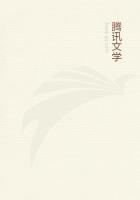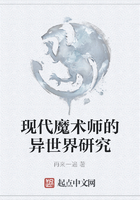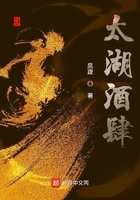By the same statute a great number of foreign drugs for dyers' use are exempted from all duties upon importation.Each of them, however, is afterwards subjected to a certain duty, not indeed a very heavy one, upon exportation.Our dyers, it seems, while they thought it for their interest to encourage the importation of those drugs, by an exemption from all duties, thought it likewise for their interest to throw some small discouragement upon their exportation.The avidity, however, which suggested this notable piece of mercantile ingenuity, most probably disappointed itself of its object.It necessarily taught the importers to be more careful than they might otherwise have been that their importation should not exceed what was necessary for the supply of the home market.The home market was at all times likely to be more scantily supplied; the commodities were at all times likely to be somewhat dearer there than they would have been had the exportation been rendered as free as the importation.
By the above-mentioned statute, gum senega, or gum arabic, being among the enumerated dyeing drugs, might be imported duty free.They were subjected, indeed, to a small poundage duty, amounting only to threepence in the hundredweight upon their re-exportation.France enjoyed, at that time, an exclusive trade to the country most productive of those drugs, that which lies in the neighbourhood of the Senegal; and the British market could not easily be supplied by the immediate importation of them from the place of growth.By the 25th George II, therefore, gum senega was allowed to be imported (contrary to the general dispositions of the Act of Navigation) from any part of Europe.As the law, however, did not mean to encourage this species of trade, so contrary to the general principles of the mercantile policy of England, it imposed a duty of ten shillings the hundredweight upon such importation, and no part of this duty was to be afterwards drawn back upon its exportation.The successful war which began in 1755 gave Great Britain the same exclusive trade to those countries which France had enjoyed before.Our manufacturers, as soon as the peace was made, endeavoured to avail themselves of this advantage, and to establish a monopoly in their own favour both against the growers and against the importers of this commodity.By the 5th George III, therefore, c.
37, the exportation of gum senega from his Majesty's dominions in Africa was confined to Great Britain, and was subjected to all the same restrictions, regulations, forfeitures, and penalties as that of the enumerated commodities of the British colonies in America and the West Indies.Its importation, indeed, was subjected to a small duty of sixpence the hundredweight, but its re-exportation was subjected to the enormous duty of one pound ten shillings the hundredweight.It was the intention of our manufacturers that the whole produce of those countries should be imported into Great Britain, and, in order that they themselves might be enabled to buy it at their own price, that no part of it should be exported again but at such an expense as would sufficiently discourage that exportation.Their avidity, however, upon this, as well as upon many other occasions, disappointed itself of its object.This enormous duty presented such a temptation to smuggling that great quantities of this commodity were clandestinely exported, probably to all the manufacturing countries of Europe, put particularly to Holland, not only from Great Britain but from Africa.Upon this account, by the 14th George III, c.10, this duty upon exportation was reduced to five shillings the hundredweight.
In the book of rates, according to which the Old Subsidy was levied, beaver skins were estimated at six shillings and eightpence a piece, and the different subsidies and imposts, which before the year 1722 had been laid upon their importation, amounted to one-fifth part of the rate, or to sixteenpence upon each skin; all of which, except half the Old Subsidy, amounting only to twopence, was drawn back upon exportation.This duty upon the importation of so important a material of manufacture had been thought too high, and in the year 1722 the rate was reduced to two shillings and sixpence, which reduced the duty upon importation to sixpence, and of this only one half was to be drawn back upon exportation.The same successful war put the country most productive of beaver under the dominion of Great Britain, and beaver skins being among the enumerated commodities, their exportation from America was consequently confined to the market of Great Britain.Our manufacturers soon bethought themselves of the advantage which they might make of this circumstance, and in the year 1764 the duty upon the importation of beaver-skin was reduced to one penny, but the duty upon exportation was raised to sevenpence each skin, without any drawback of the duty upon importation.By the same law, a duty of eighteenpence the pound was imposed upon the exportation of beaverwool or wombs, without ****** any alteration in the duty upon the importation of that commodity, which, when imported by Britain and in British shipping, amounted at that time to between fourpence and fivepence the piece.
Coals may be considered both as a material of manufacture and as an instrument of trade.Heavy duties, accordingly, have been imposed upon their exportation, amounting at present (1783)to more than five shillings the ton, or to more than fifteen shillings the chaldron, Newcastle measures, which is in most cases more than the original value of the commodity at the coal pit, or even at the shipping port for exportation.

